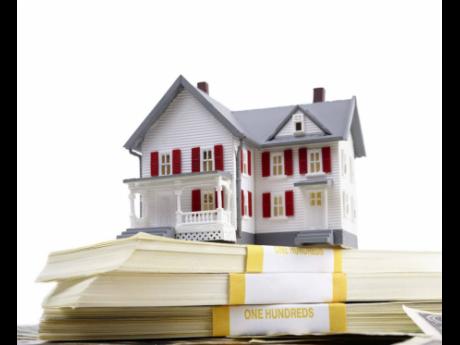QUESTION: I am seeking your advice on how to obtain a loan to purchase an investment property. I was made redundant a few years ago, so I currently don’t have a job, but I have a property that is rented. My income is rental income, and I need to purchase an investment property. The income from this property will pay for the loan. How can I go about getting a loan to suit my situation?
– Japheth
FINANCIAL ADVISER: Investment property is real estate purchased with the intention of deriving a return in the form of rent, capital appreciation, or both. Borrowing to invest in a property has several benefits, but the decision should be made only after weighing very carefully the positives and the negatives that may accompany such an undertaking.
An investment property is expected to provide an ongoing income stream in the form of rental income. This may not result immediately in an improved cash flow as the mortgage payment may be equal to or greater than the rental income for some time.
As the value of the property increases, the owner’s equity also increases as the outstanding debt declines. If the equity in the borrower’s primary property is sufficient, it may be used to secure the loan, thus leaving the investment property unencumbered, but the property being purchased may also be used. One other way to invest in property is to purchase it and then renovate it for resale.
To secure a loan to purchase property, it is advisable to do meaningful research on the mortgage-lending institutions. Much information can be gleaned from their web sites, but you may call to learn about what they are offering. Determine if the lenders have different policies for investment properties and owner-occupied properties. Once you have decided to apply, complete the application form and submit it with the necessary documents to the lending institution.
The mortgage-lending institutions, which include the commercial banks and building societies, lend only against property situated in Jamaica, and the maximum term of the mortgage tends to differ among lenders. Some borrowers may not be able to borrow for the maximum term as lenders tend to require the loans to be paid off by retirement. Thus, in some cases, the term of the loan is the time between the date of the loan and the retirement date of the borrower.
Some institutions lend up to 90 per cent of the value of the property or the selling price, whichever is less, but they may also cap the size of the loan. One commercial bank, for example, lends up to $30 million, but income plays a very important role in the decision-making process as the lender has to be satisfied that the borrower can make the monthly payments.




Leave A Comment